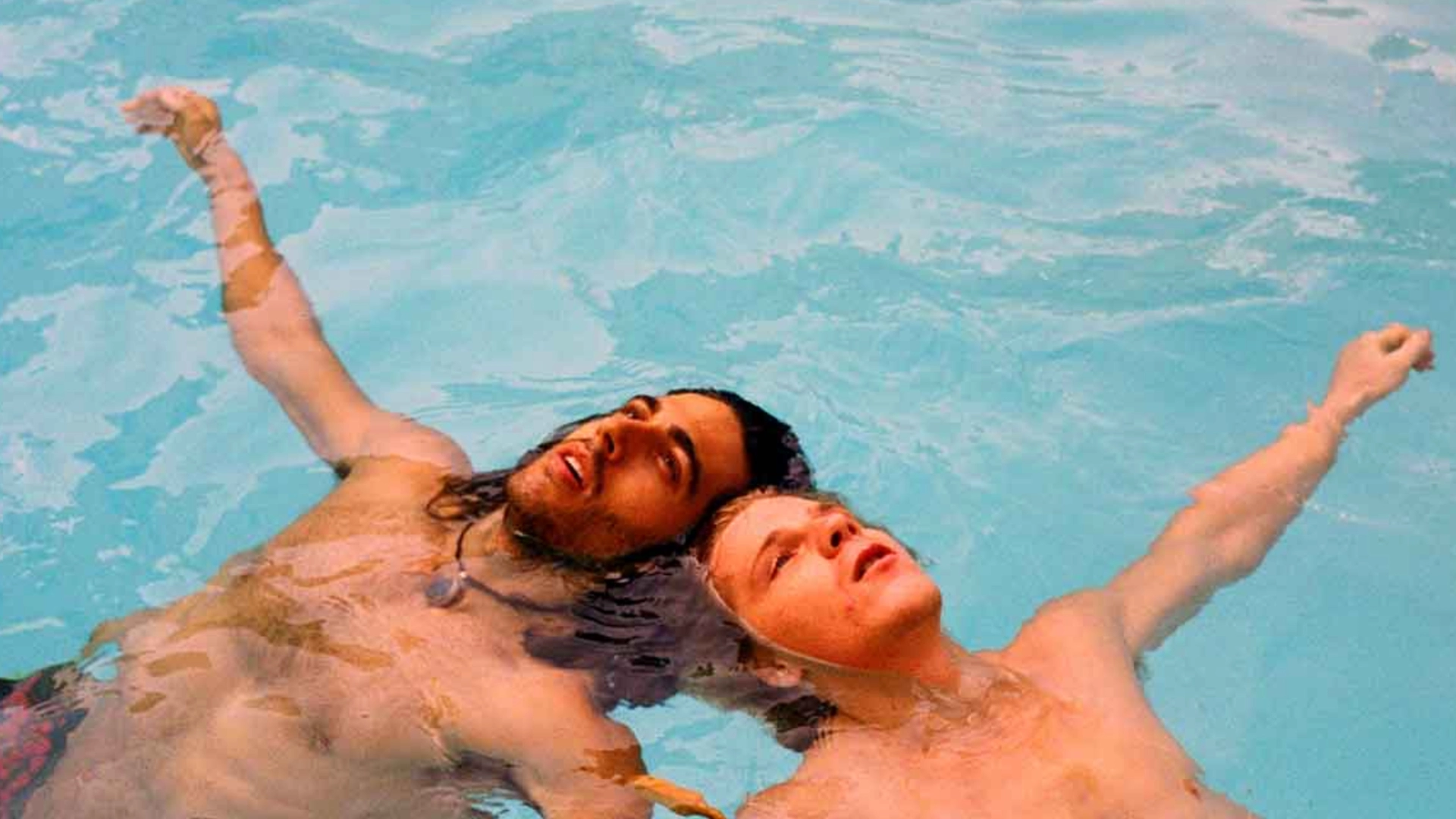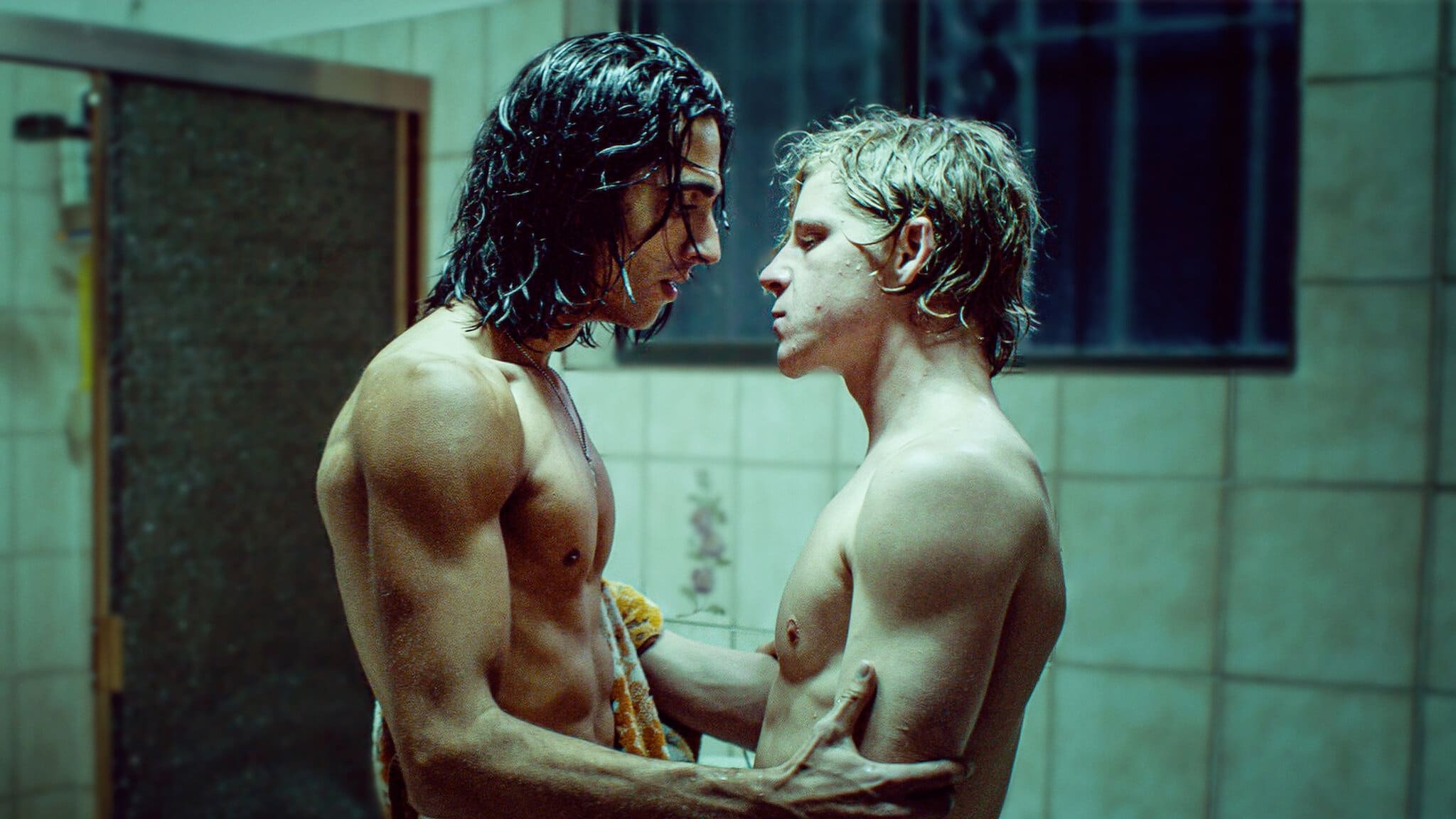Teenage Kicks (2016)
Teenage Kicks (2016) is a stark portrait of what it means to grow up when everything inside you is in ruins. The film follows Miklós, a Hungarian-born Australian teenager who, after the accidental death of his brother, is trapped in a spiral of guilt, repressed desire, and total disconnection from the world around him. From the very first shot, the film launches us into a universe where pain is physical, desire is an open wound, and identity is a battlefield. There is no easy relief, because Miklós isn’t simply grieving: he’s at war with himself.
The most powerful aspect of the story is how it intertwines family grief with sexual exploration. Miklós not only loses his brother, he also loses the only emotional anchor that kept him connected to his home, his culture, his childhood. His father is rigid, absent, a masculine figure who imposes rather than embraces. His mother is mired in her own grief. Amidst this suffocating silence, his desire for his best friend Danilo grows like a silent and dangerous flame. But it is not a clear or reciprocated love. It is desire mixed with guilt, with jealousy, with the absolute fear of being seen.

The scenes between Miklós and Danilo are tense, charged with an uncomfortable intimacy. Danilo represents normality, stability, what Miklós wishes he had and could be. But he is also the object of a passion that Miklós doesn’t know how to name, much less how to confess. This repression leads him to self-destruction: affectionless casual sex, drugs, violence, isolation. Teenage Kicks doesn’t romanticize queer coming-of-age—it presents it as a brutal journey where there are no maps, where the body becomes a territory of punishment and desire.

In its second act, the film seems to wonder if there’s still room for redemption. Miklós hits rock bottom, but he doesn’t give up. And amid the darkness, there are brief moments—a gesture, a caress, a sustained gaze—where affection manages to open cracks in his armor. It’s not a happy ending, but it is a possibility. A promise that, perhaps, surviving can also be a way to heal. That love, even when it’s not perfect, can be a starting point.




